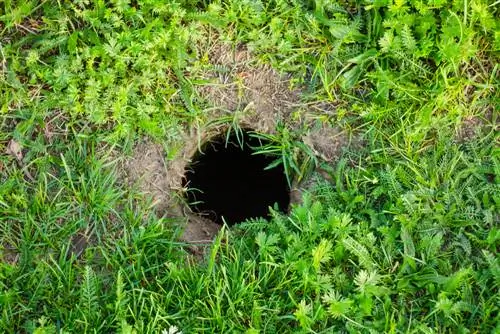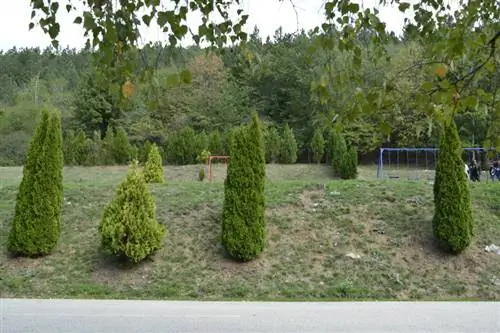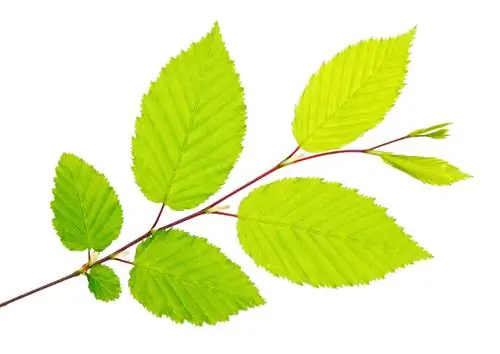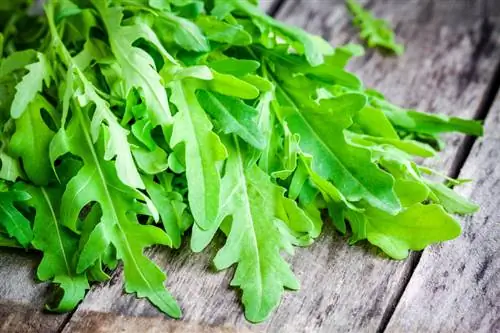- Author admin leonars@hobbygardeners.com.
- Public 2023-12-16 16:46.
- Last modified 2025-06-01 06:02.
Voles and rats look similar at first glance. However, if you look closely, there are both visual characteristics and behavior that make it very easy to distinguish between the two animal species. We explain what they are.
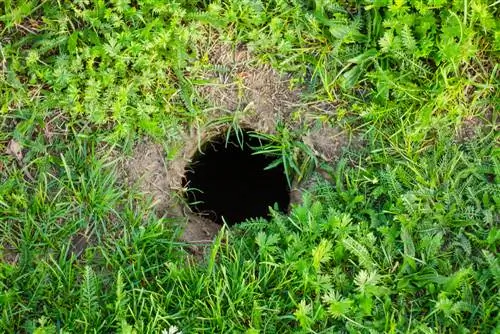
How do I know if it's a vole or a rat?
To distinguish voles from rats, pay attention to the size, tail and behavior: voles are smaller, have shorter tails and eat roots and vegetables, while rats are larger, have longer tails and, as omnivores, also eat holes left in walls.
Vole and Rat Family
Neither the term “rat” nor the term “vole” refers to a single animal, but to a family of animals. If you see a “rat” in the garden, it is usually a black rat (Rattus norvegicus) and if a vole is nibbling on your vegetables, it is probably an eastern water vole (Arvicola terrestris). Therefore, we will compare these two animals below.
Optical differences between voles and rats
One fact makes it easy to distinguish voles from rats: rats are twice as big as eastern water voles. Also, their tail is usually almost as long as their body, while the tail of voles is only about half as long as the rest of their body.
| Vole (Eastern Water Vole) | Black Rat | |
|---|---|---|
| Head-torso length | 13 -16.5 cm | 18-26cm |
| Tail length | 1/2 of body length | approximately equal to body length |
| Ears | small, round, 12-15 mm | small, round, 17-23 mm |
| fur color | Top light to dark brown, abdomen and tail significantly lighter | gray-brown, reddish or dark brown, underside usually the same color |
Differences in the behavior of voles and rats
Voles and rats can be clearly distinguished based on the damage: While voles dig tunnels in the lawn and eat roots from below, rats build deeper tunnels under path slabs or near the house and feast on pretty much everything: especially compost particularly popular with them. Rats tend to ignore fresh roots and vegetables. Holes in the wall definitely come from rats, damage to garden plants comes from voles
Other differences in behavior include:
| Vole (Eastern Water Vole) | Black Rat | |
|---|---|---|
| Activity | twilight and nocturnal | twilight and nocturnal |
| Corridors | mole-like hills, many entrances | underground structures with pantry |
| Faecal behavior | Scat at the entrance, vole droppings small, shiny, chubby | Excrement everywhere, rat excrement sausage-shaped, matt |
| Social behavior | loner | Living in large groups |
| Nutrition | Roots and vegetables | omnivorous |
Rat hole versus vole hole
Due to the size difference, it is clear that a rat hole is slightly wider than a vole hole. Voles build mole-like mounds at the entrance, while in rats the mere rat hole can be seen. In addition, voles like to build numerous entrances, while rats usually only create two entry holes.
Tip
No matter whether you have a vole or rats in your garden, there is always a need for action. You can find out how to get rid of voles here.

